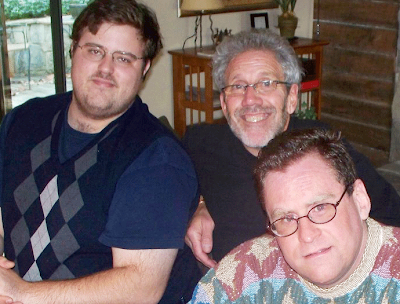
A integral component of the Caramore philosophy is the value of helping all our clients reach their individual potentials. We at Caramore recognize that the goals of each participant may be different, but that every one shares the desire to find meaningful and rewarding work in his or her life.
Tanya Beiars has been with Caramore for almost 10 years now, serving as a hands-on instructor with many of our participants. Tanya helps people get themselves "job ready" for an employment situation in our community. Tanya has been adept at utilizing all of her diverse and effective skills in helping people realize their own potential and thereby get closer to their personal goals.
The path towards being able to work competitively isn't always smooth, and the ride can be bumpy for some. But Tanya has guided people as needed, aiming to bring out the best in all of the people who have worked with her. She is at times mentor, teacher, friend, sympathetic listener, and when necessary a focused task-master --- often she assumes each of these roles seamlessly in a single day.
The people who have worked with Tanya are better for her influence, and often people return and express grateful thanks for her guidance during a difficult time in their lives. The proof is also in the results. Every participant who has spent sufficient time with Tanya in the Caramore program has been able to find a job in our community. Everyone ... that's quite an accomplishment.
Caramore is a truly special place ... dedicated people like Tanya continue to make it so.












